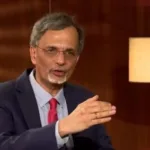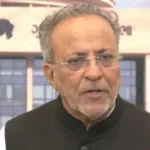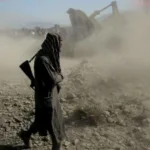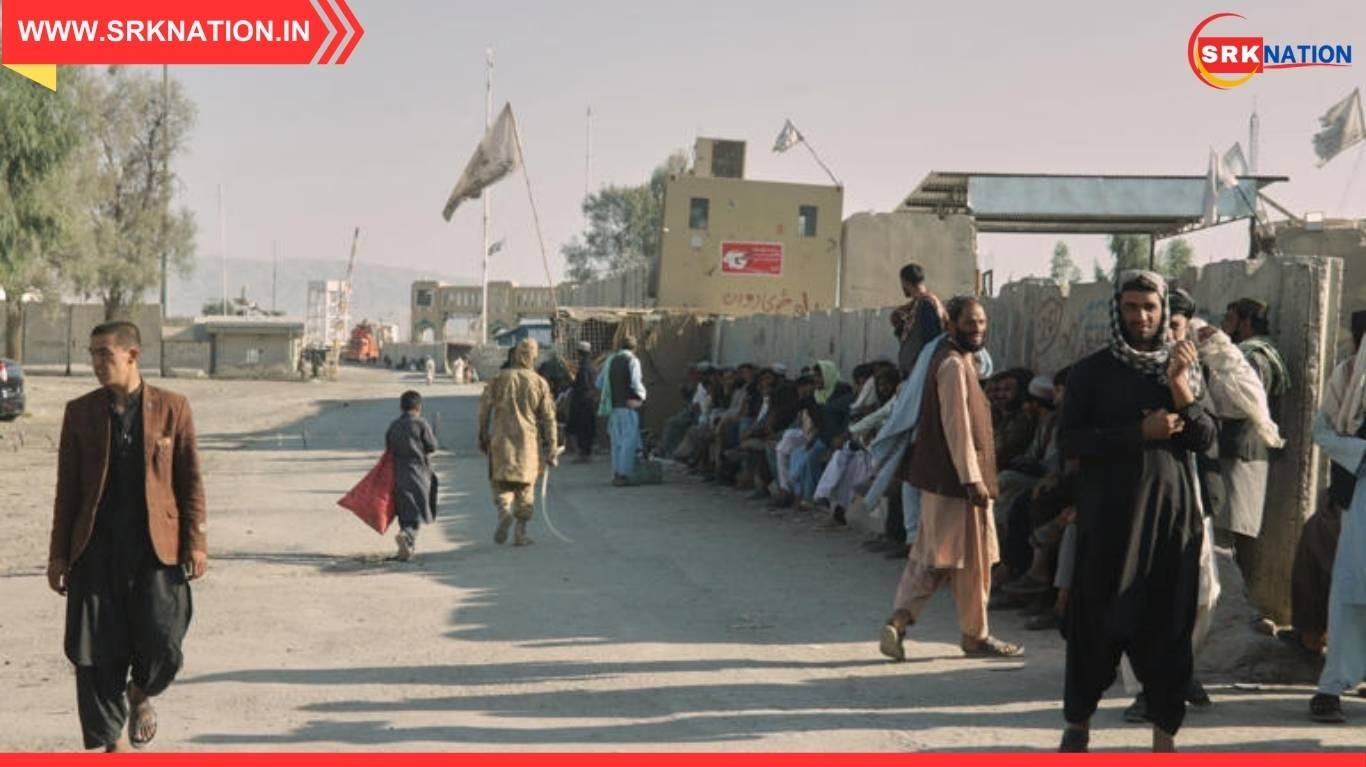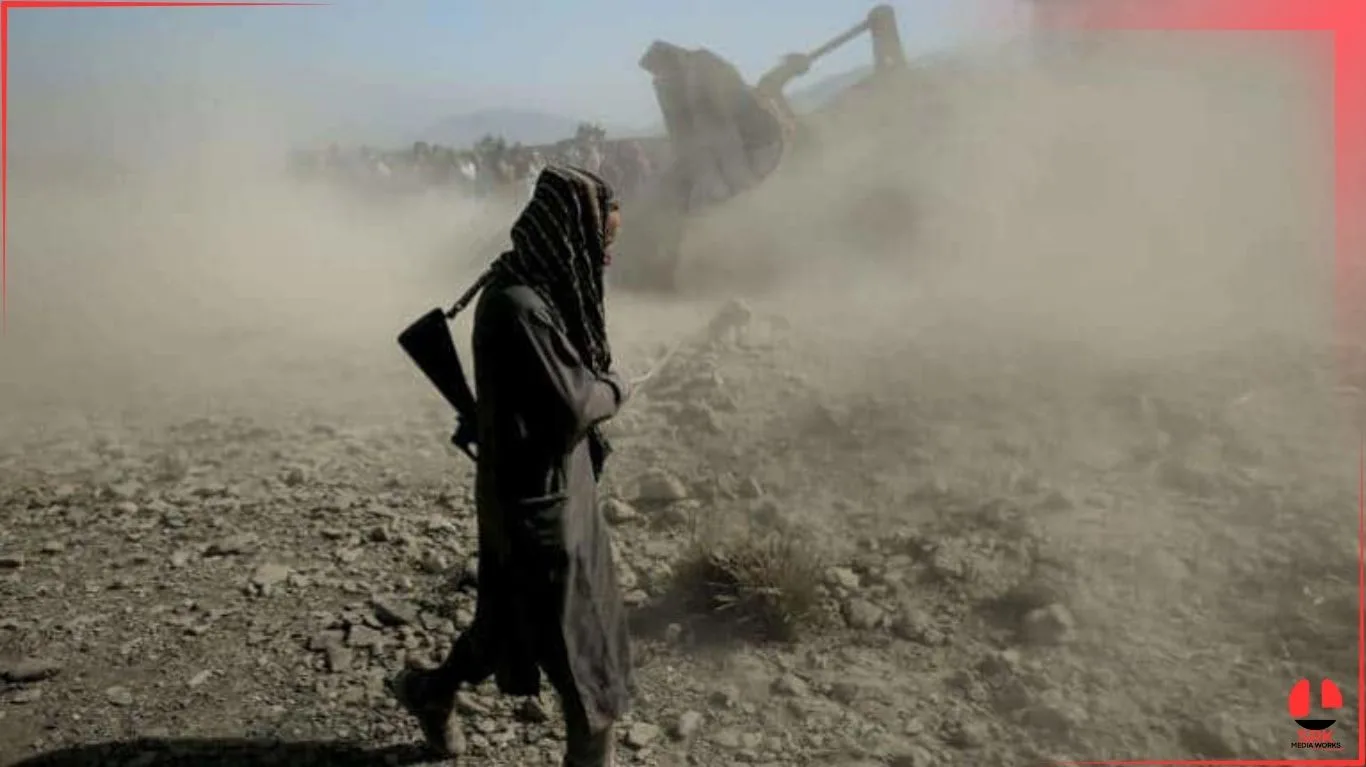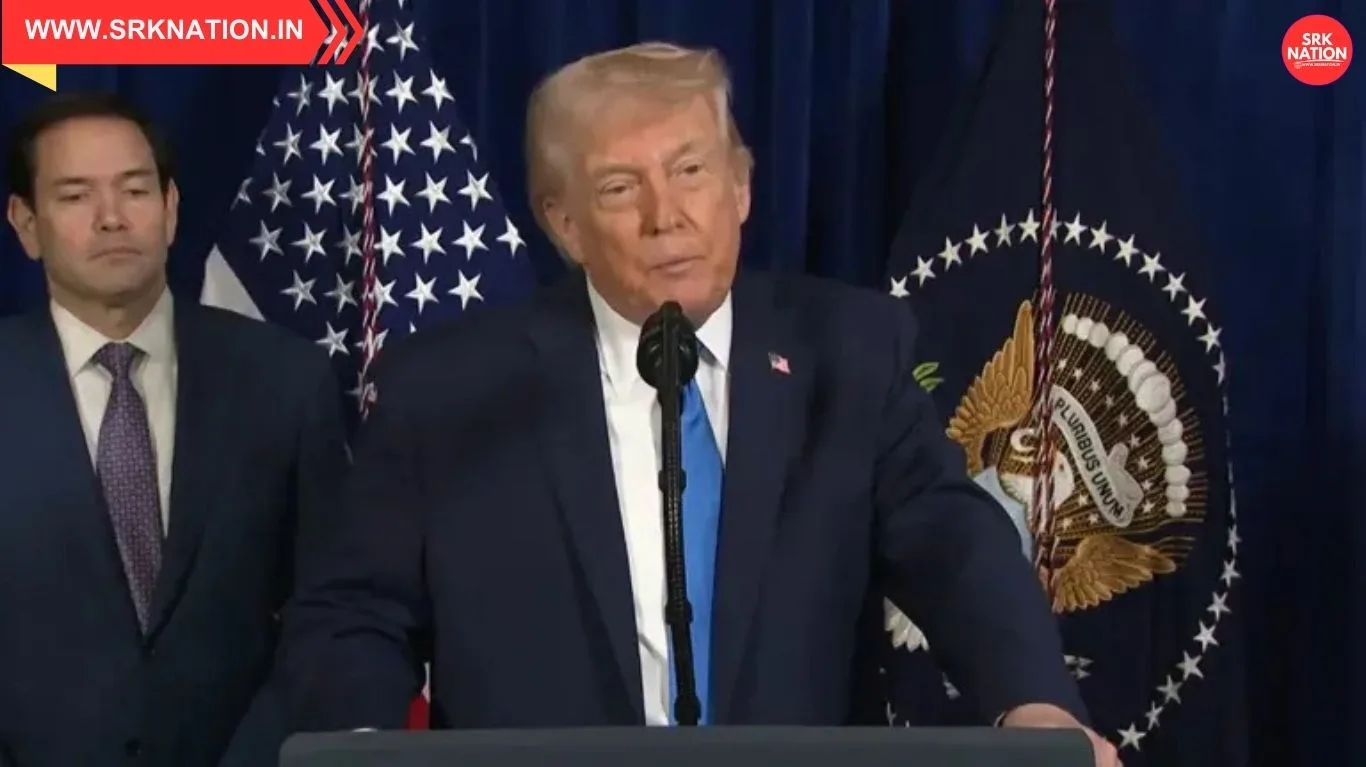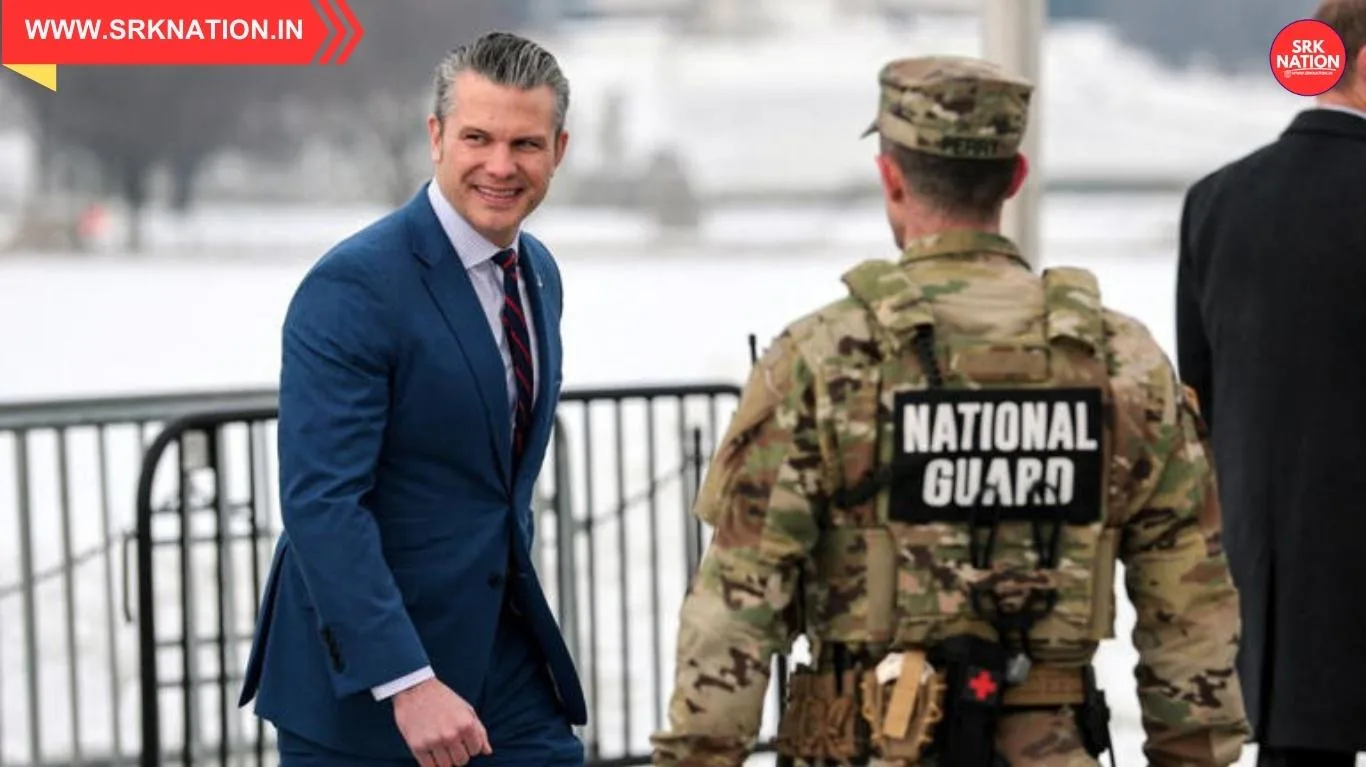In a significant setback to regional diplomacy, Pakistan has officially announced the collapse of peace talks with Afghanistan’s Taliban-led government after four days of negotiations in Istanbul. The talks, which were mediated by Qatar and Turkey, aimed to de-escalate rising tensions following a series of deadly cross-border attacks that have strained relations between the two neighboring countries.
Pakistan’s Information Minister Attaullah Tarar confirmed the breakdown of dialogue in a statement released before dawn on October 29, 2025. He accused the Taliban administration in Kabul of refusing to take action against militant groups allegedly operating from Afghan soil and orchestrating attacks on Pakistani security forces and civilians.
Background: A Fragile Ceasefire and Mounting Tensions
The Istanbul talks followed an earlier round of negotiations in Doha, which had resulted in a temporary ceasefire on October 19, 2025. That agreement came in the wake of violent border clashes that left dozens dead, including soldiers and civilians on both sides.
| Timeline of Key Events | Description |
|---|---|
| October 19, 2025 | Ceasefire brokered in Doha after deadly border skirmishes |
| October 25–28, 2025 | Four-day peace talks held in Istanbul, mediated by Qatar and Turkey |
| October 29, 2025 | Pakistan announces failure of talks, blames Taliban for inaction |
Despite the ceasefire, Pakistan claims that militant activity has continued, with Islamabad pointing fingers at the Tehrik-i-Taliban Pakistan (TTP) and other extremist factions allegedly finding safe haven in Afghanistan.
Pakistan’s Accusations Against the Taliban
| Allegation | Details |
|---|---|
| Harboring Militants | Pakistan alleges the Taliban is sheltering TTP operatives responsible for cross-border attacks |
| Lack of Cooperation | Taliban delegation reportedly sought constant clearance from Kabul, delaying progress |
| Breach of Ceasefire | Pakistan claims Taliban failed to uphold commitments made during the Doha ceasefire |
Pakistan’s delegation expressed frustration over what it described as the Taliban’s unwillingness to commit to actionable counterterrorism measures.
Taliban’s Position and Silence
While Pakistan has been vocal about the failed talks, the Taliban government has yet to issue an official response. Afghan state media reported an “impasse” but stopped short of acknowledging the complete breakdown.
| Taliban’s Stance | Observations |
|---|---|
| Denial of Allegations | Taliban denies Afghan soil is being used for attacks on Pakistan |
| Diplomatic Restraint | No official statement issued following Pakistan’s announcement |
| Internal Divisions | Reports suggest Taliban negotiators lacked autonomy during talks |
Analysts believe the Taliban’s internal political dynamics and reluctance to alienate hardline factions may have contributed to the deadlock.
Regional and Global Reactions
| Stakeholder | Reaction Summary |
|---|---|
| Qatar and Turkey | Expressed disappointment, urged continued dialogue |
| United Nations | Called for restraint and renewed diplomatic efforts |
| China and Russia | Monitoring developments, urged regional stability |
| India | Observing closely amid concerns over regional security implications |
The failure of the talks has raised alarms about the potential resurgence of militancy in the region, particularly in Pakistan’s Khyber Pakhtunkhwa and Balochistan provinces.
Strategic and Security Implications
| Area of Concern | Potential Impact |
|---|---|
| Border Security | Increased risk of cross-border infiltration and clashes |
| Counterterrorism | Setback to regional efforts to curb extremist networks |
| Refugee Crisis | Possible surge in displacement if violence escalates |
| Diplomatic Relations | Strained ties between Islamabad and Kabul |
Pakistan’s military has reportedly increased surveillance and troop deployment along the Durand Line in anticipation of further hostilities.
Future of Pakistan-Afghanistan Relations
| Scenario | Likely Outcome |
|---|---|
| Resumption of Talks | Possible if international pressure mounts on Taliban |
| Military Escalation | Risk of renewed border clashes and airstrikes |
| Multilateral Mediation | UN or SCO may step in to facilitate dialogue |
| Strategic Realignment | Pakistan may seek deeper ties with China and Iran to counterbalance instability |
The failure of the Istanbul talks underscores the fragility of Pakistan-Taliban relations and the broader challenges of engaging with an internationally unrecognized regime.
Conclusion
The collapse of peace talks between Pakistan and the Taliban government in Istanbul marks a critical juncture in South Asia’s security landscape. As both nations grapple with internal and cross-border threats, the absence of a diplomatic breakthrough could lead to heightened tensions and regional instability. With global stakeholders urging restraint and renewed dialogue, the path forward remains uncertain—but the stakes have never been higher.
Disclaimer: This article is based on publicly available news reports and official statements. It does not constitute diplomatic or policy advice. All views expressed are for informational purposes only.

